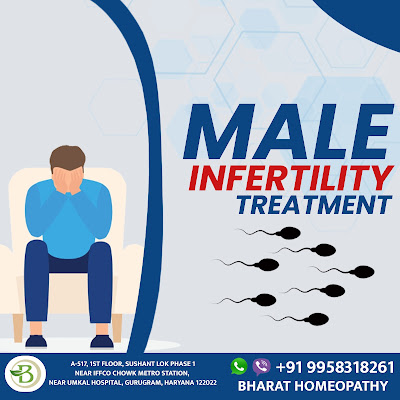We understand the discomfort and concern associated with varicocele. Varicocele is a condition characterized by the enlargement of veins within the scrotum, leading to potential fertility issues and discomfort. While traditional treatment options like surgery exist, we believe in providing alternative solutions that are safe, effective, and non-invasive. In this comprehensive article, we will explore the benefits of homeopathic treatment for varicocele and how it can significantly alleviate symptoms and improve overall well-being.
Understanding Varicocele
Varicocele occurs when the veins inside the scrotum become enlarged and dilated. This condition is primarily caused by the faulty valves within the veins that impede proper blood flow, resulting in the pooling of blood and subsequent swelling. Varicocele can lead to a variety of symptoms, including testicular pain, swelling, infertility, and discomfort during physical activities. While surgery is often recommended to treat varicocele, homeopathic remedies for varicocele offer a viable and gentle approach to alleviate these symptoms.
The Effectiveness of Homeopathic Treatment
Homeopathy is a holistic medical system that treats individuals based on their unique symptoms and overall constitution. It aims to stimulate the body's inherent healing mechanisms and restore balance. When it comes to varicocele treatment , homeopathic remedies have shown remarkable effectiveness in addressing symptoms and improving quality of life.
1. Rhus Toxicodendron: Relieving Pain and Swelling
Rhus Toxicodendron is a well-known homeopathic remedy that has been proven to effectively alleviate pain, swelling, and inflammation associated with varicocele. This remedy acts by improving blood circulation and reducing congestion in the affected veins. By addressing these underlying issues, Rhus Toxicodendron provides significant relief to individuals suffering from varicocele.
2. Pulsatilla: Enhancing Fertility
For those experiencing varicocele-related infertility, Pulsatilla is a homeopathic remedy that holds great promise. This remedy is particularly beneficial for individuals who exhibit symptoms such as a lack of sexual desire, irregular menses, and emotional sensitivity. Pulsatilla works by restoring hormonal balance and improving reproductive functions, ultimately increasing the chances of conception.
3. Hamamelis Virginiana: Alleviating Discomfort
Hamamelis Virginiana, commonly known as Witch Hazel, is a potent homeopathic remedy for relieving discomfort caused by varicocele. It specifically targets symptoms like a heavy or dragging sensation in the scrotum, bruised pain, and tenderness. By reducing congestion and improving blood circulation, Hamamelis Virginiana offers much-needed relief to individuals dealing with varicocele-related discomfort.
Complementary Measures for Varicocele Relief
In addition to homeopathic treatment, certain lifestyle modifications and self-care practices can further enhance the effectiveness of symptom relief. Here are some recommendations to consider:
1. Regular Exercise and Scrotal Support
Engaging in regular physical exercise, particularly activities that improve blood circulation in the pelvic region, can help alleviate varicocele symptoms. Additionally, wearing scrotal support such as a jockstrap can provide necessary compression and support to reduce discomfort.
2. Healthy Diet and Hydration
Maintaining a well-balanced diet rich in nutrients and staying hydrated is essential for overall health and well-being. Including foods high in antioxidants, such as fruits and vegetables, can promote healing and reduce inflammation. Avoiding excessive alcohol and caffeine consumption is also advisable.
3. Stress Management and Relaxation Techniques
Chronic stress can worsen varicocele symptoms. Incorporating stress management techniques such as meditation, deep breathing exercises, and yoga into your daily routine can help reduce stress levels and improve overall well-being.
Conclusion
Varicocele can be a distressing condition, but with the right approach, symptom relief and improved quality of life are possible. Homeopathic treatment for Varicocele offers a safe, effective, and non-invasive solution to address varicocele-related symptoms. By utilizing remedies like Rhus Toxicodendron, Pulsatilla, and Hamamelis Virginiana, individuals can experience reduced pain, improved fertility, and enhanced overall well-being. Additionally, incorporating complementary measures such as regular exercise, a healthy diet, and stress management techniques can further optimize the effectiveness of the treatment. we are dedicated to providing comprehensive and personalized care to help you overcome varicocele and regain control of your reproductive health.


.png)
.png)




